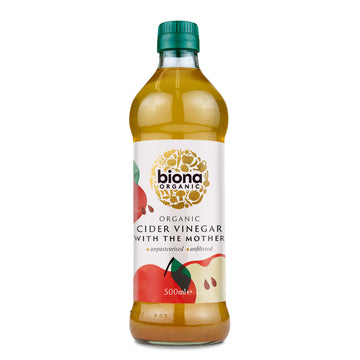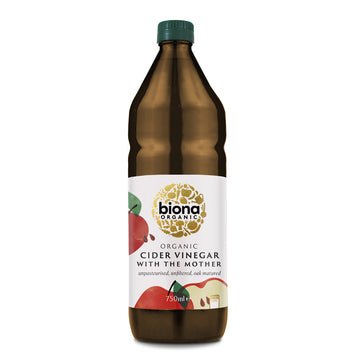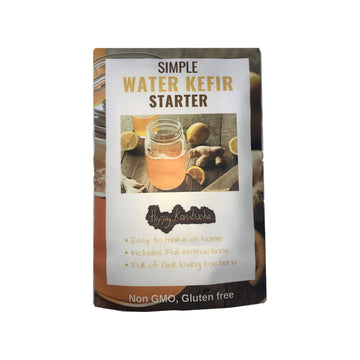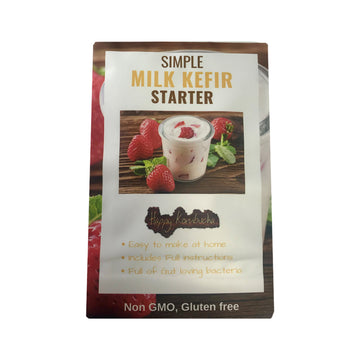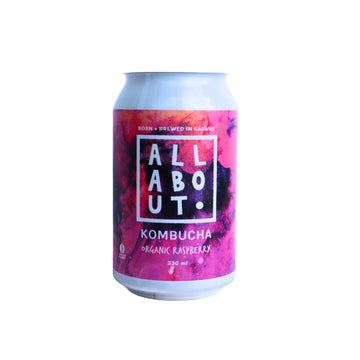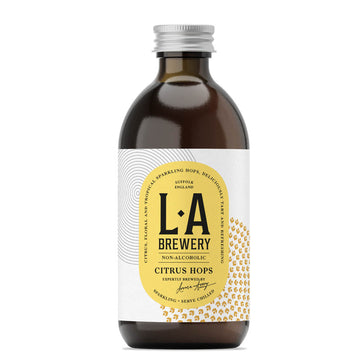We've all heard the phrase 'you are what you eat'. Well when it comes to gut health, it couldn't be more true. Here's how to eat your way to a healthy gut.
Eat Your Way to a Healthy Gut
Your gut health is actually the key to your overall health. Our gut and the digestive tract is the thread that connects all other bodily systems and therefore underpins your overall health and wellbeing.
Feeding your gut and fueling the body is the key to keeping your body and mind happy and healthy. The food we eat directly impacts the health of our insides. Therefore, improving your health and wellbeing can be as simple as choosing wisely the foods we put in our body. Here are some simple tips to help you choose what's best and eat your way to a healthy gut.
1. Eat For Colour
If you're looking to eat your way to a healthy gut, 'eat a rainbow'! Use every time to eat as an opportunity to add as much COLOUR to your meals as possible.
Plant based nutrients known as Phytochemicals are natural compounds found mainly in:
- vegetables
- fruits
- beans
- legumes
- nuts
- seeds
- tea
These phytochemicals are thought to have powerful antioxidant, anti-inflammatory, cellular repair, detox and cleansing, and other health-promoting and disease-preventing properties - so are essential to maintain optimal health.
We're encouraged to ‘eat a rainbow’ in order to access these phytochemicals. They are concentrated in the pigment of fruits, vegetables and other plants. It's what gives these foods their variety of colour.
Each colour has its unique phytochemical profile which is why it’s important to add as much variety of colour as you can. Aim to include at least one fruit or vegetable from each phytonutrient colour groups as each one will count as one of your 5 a day;
- Green
- Orange/Yellow
- Blue/Purple
- White & Red
2. Eat Fresh Food – Mostly Plants
You've more than likely heard the term 'plant-based diet'. It's fair to say it's a massive trend at the moment as people make a conscious effort to do their bit for the environment and reduce their carbon footprint. But it's also better for you from a health perspective.
It's widely accepted that a nutrient dense, plant-based diet; rich in fruits, vegetables and legumes can help to reduce the risks of chronic diseases, cardiovascular disease, and other lifestyle related illnesses. Scientists are really only scratching the surface when it comes to research on phytonutrients and their positive impact on our health and wellbeing.
So if you're looking to eat your way to a healthy gut, it makes sense to up your plant intake. Opt for more vegetable rich meals - whip up more vegetable stir-fries or vegetable curries. Maybe even commit to 'Meat Free Monday' in your house or aim to have one meat free meal daily. Simple as that!
3. Eat For Your Microbiome
Pre and Probiotic foods are essential for maintaining optimal gastrointestinal health, in particular, its roles in nutrient absorption, digestion, elimination of waste, and immunity.
When your gut microbiome is balanced, you stay healthy. You're in a good mood and you've lots of energy. When your gut microbiome is out of balance, your body is susceptible to a host of health issues including; weight gain, blood sugar imbalances, brain fog, reduced energy levels and immune conditions.
Modern diets and lifestyles can play havoc with the health of our microbiome. The likes of processed foods and sugar, excess consumption of non-organic meats and dairy products, consecutive rounds of antibiotics, too many antacids and chronic stress can all contribute to an imbalance in our friendly gut bacteria.
One effective way to build up your microbiome is to include fermented foods in your diet. These foods are rich in probiotic strains which feed your gut with healthy bacteria. Look to include a variety of the following foods in your diet on a daily and weekly basis:
- sauerkraut
- pickles
- kimchi
- kefir
- yogurt
- Apple Cider Vinegar
- kombucha
You may also benefit from taking a good quality probiotic supplement.
Please note, this blog is for informational purposes only and should not replace medical advice.
It’s always best to consult your doctor before taking any new supplements, treatments or remedies if you are pregnant, breastfeeding or on medication.
Author: Claire Grady
Checked and updated: 3 August 2021



